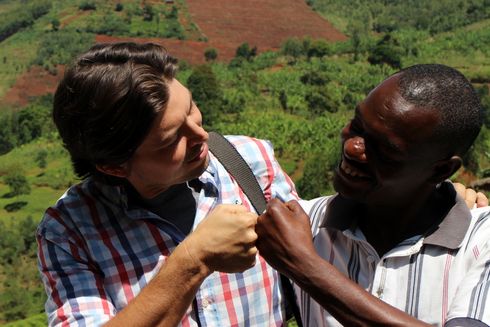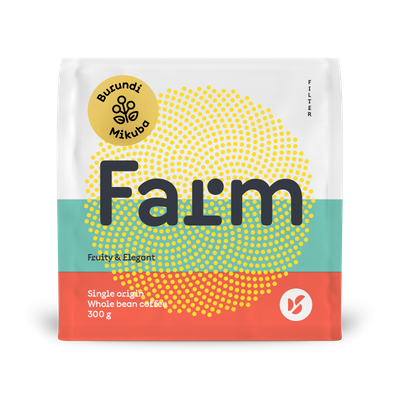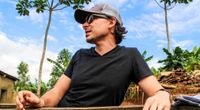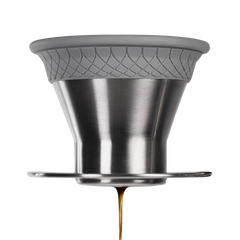
| Country | Burundi |
|---|---|
| Farm | Heza - Mikuba |
| Varietal | Arabica Bourbon |
| Processing | Anaerobic Honey |
| Crop | July 2024 |
| Partnership | since 2013 |
| Coffee type | Whole bean |
| Flavour | Fruity & Elegant |
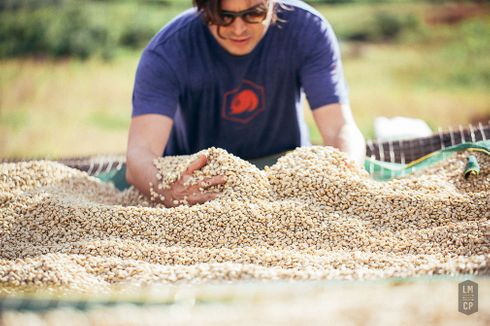
Burundi Mikuba Honey
Burundi Mikuba Honey coffee is a treasure from the rolling hills of Kayanza, one of Burundi’s most renowned coffee-growing regions. The fertile soils and temperate climate of this area provide the perfect conditions for cultivating the Bourbon variety of coffee beans. These beans are carefully harvested and processed at the Heza washing station, where they undergo the honey process, giving them their distinctive sweetness and rich body.
A cup of this coffee from Mikuba Hill is a true delight and an example of the complex coffee we love. It’s a fruity and elegant coffee, dominated by sweet tones of candied fruit. The entire cup is permeated with an elegant acidity of citrus fruits. Simply everything that a delicate coffee should have.
Behind every bean of Burundi Mikuba Honey is a story of growth and community. The Long Miles Coffee Project works closely with local farmers, providing education and resources to improve both the quality of coffee and the quality of life for the farmers and their families. This initiative not only enhances the coffee’s excellence but also ensures sustainability and progress for the community.
Farm Coffee Family
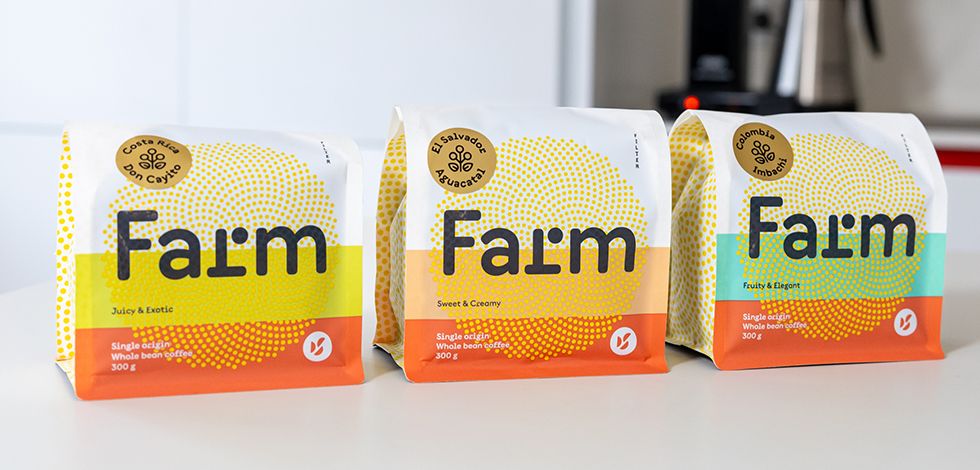
How does this coffee tastes?
Mikuba always stands out on the cupping table with its honey sweetness and delicate fruit notes that reminds candied fruit. The light acidity of citrus fruits cuts through the entire cup.
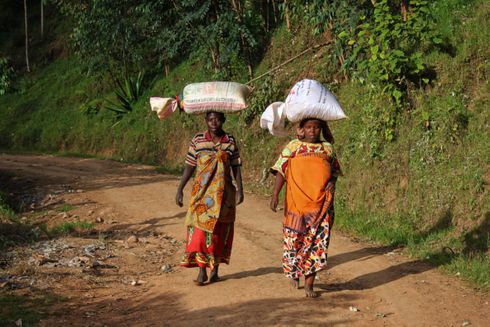
Long Miles Coffee Project
is simply an incredible story of passion and devotion. Ben and Kristy Carlson, originally from the U.S., decided to move to Burundi with their kids to start an ambitious coffee project in the highlands of Kayanza region (read the full story here). After spending some time in this beautiful but extremely difficult country, you realize, what it really takes to be a white foreigner and run a coffee business here. Ben owns three washing stations (Hez, Ninga and Bukeye - map), which currently buy and process coffee cherries from more than 4500 families.
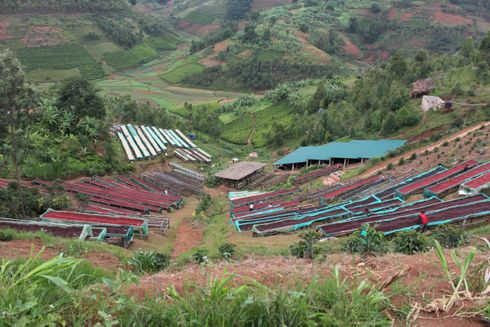
Heza, Mikuba
In Burundi, each hill (colline) is its own geopolitical unit, consisting of approx. 60-140 families. You will find different coffees named after the hills they come from, i.e. Mikuba, Nkonge, Gitwe. They are all situated in the proximity of the washing stations since the farmers usually delivery the coffee by foot. During the season, small farmers bring their freshly picked cherries to the station, where they are first inspected by the Long Miles team. Once accepted, the cherries are floated to separate unripes, weighted and processed using either fully washed, natural or honey method.
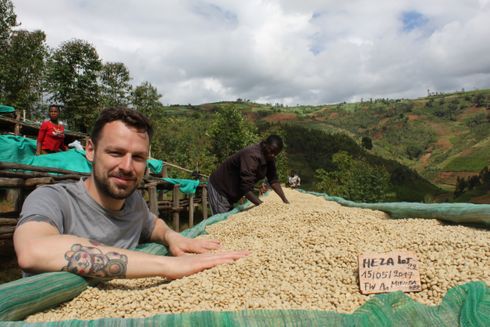
Honey Processing
The honey processing method at the Heza station is brought close to perfection. Freshly picked cherries are first soaked in a tank of water, where so-called "floaters" - cherries with low bean density - are sorted out. Subsequently, they are sent through a special approximately 50-meter-long chute to the lower part of the station, where they are pulped in McKinnon pulpers and transferred to shaded beds, where they spend 3 days. Then they are dried for up to 27 days directly under the sun.
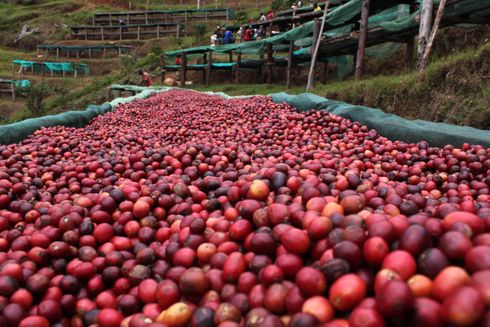
Bourbon variety
The Bourbon variety is basically the only variety cultivated in Burundi. It's one of the most important varieties, originating from the island of Bourbon (now Réunion), where it arrived from Yemen.
Bourbon is valued for its complex and very sweet taste, and at high altitudes, it produces very delicate fruity tones.
Nowadays, due to its greater susceptibility to diseases, it's being replaced by more resistant varieties. Its most famous "descendants" are caturra and catuaí.
